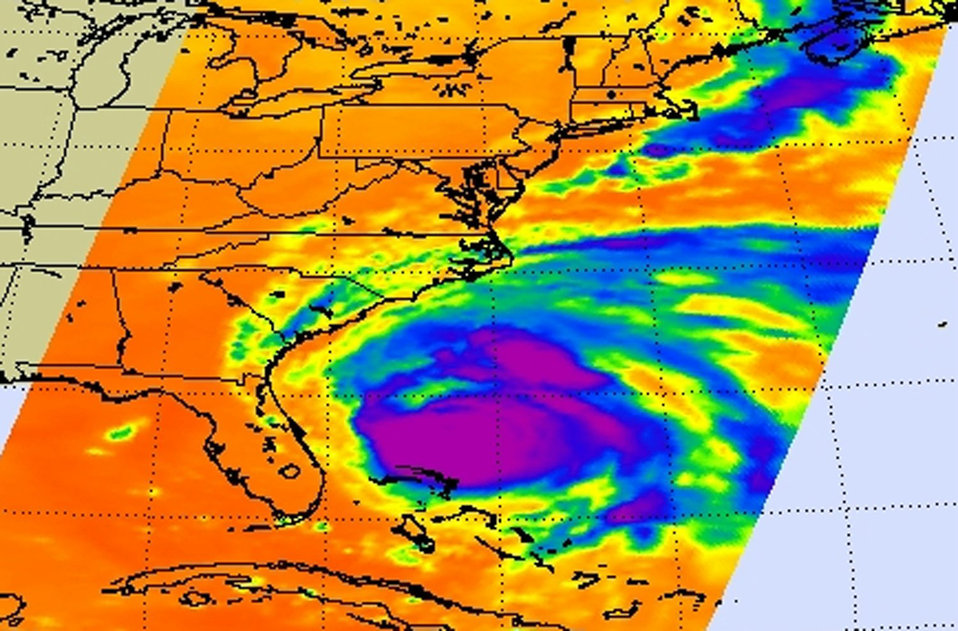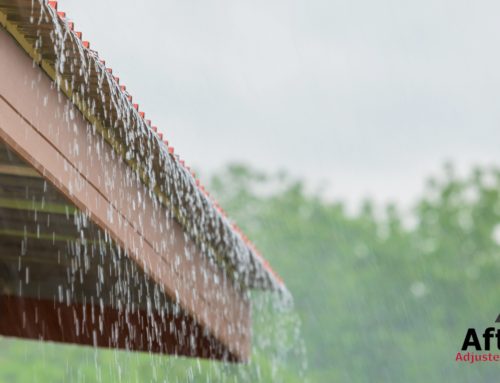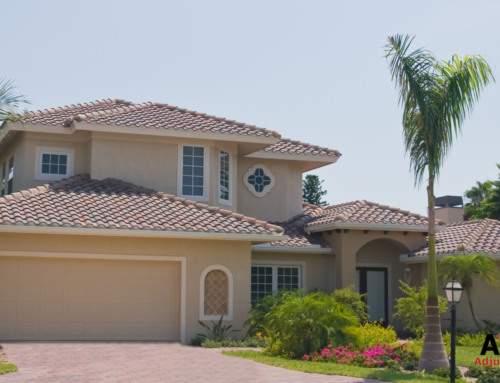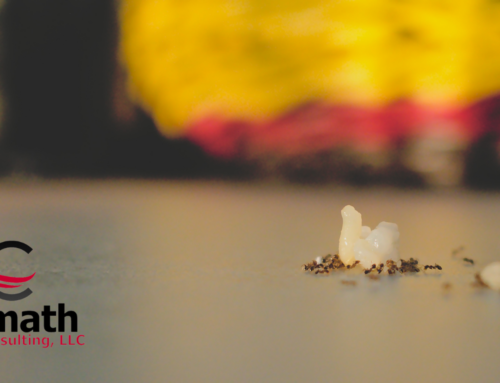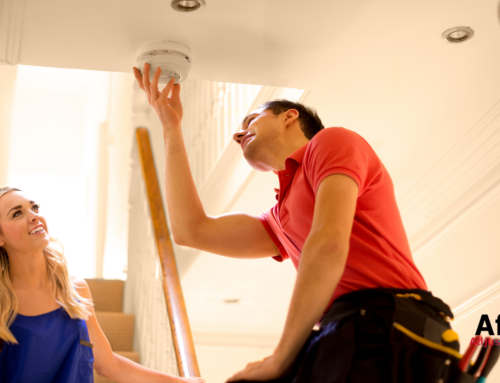Hurricanes can cause property damage and shatter lives. You can help yourself, your family, or your business lower the impact of the storm by being prepared as hurricane season arrives. It is best to get started before the threat of a storm is close.
You shouldn’t wait for a hurricane watch to be issued. There is a very real possibility that it will be too late for you to take certain precautions. Preparing before the season begins can reduce property damage. It can also help you be less stressed when going through a hurricane emergency.
Here’s how you can prep before the hurricane season starts.
1. Plan Your Evacuation Route in Advance
You may need to evacuate if there is ever a major storm while living in a mobile home or on the coast.
You will end up getting instructions from the local government. It’s a good idea, however, to create your evacuation plan before you find that you need it. Know ahead of time:
- Where nearest shelters are
- How your pets affect things
- To bring all your important papers
- Have had a trial run
2. Keep Non-Perishable Emergency Supplies on Hand
People run straight to the stores when they issue a hurricane warning, Try getting ahead of the game. Keep emergency supplies on hand before the start of hurricane season. This way you can bring these supplies with you if you have to evacuate. You should use any items that are approaching their expiration date, like food and batteries, and replenish the emergency supply.
3. Take an Inventory of Your Personal Property
You can create a home inventory to help make sure you have insurance to replace your personal items. It also:
- Speeds your claims process
- Substantiates your losses for income tax purposes
- Is helpful if you apply for disaster aid
Your home inventory need to be with all the other important documents you bring if you end up evacuating.
4. Review Your insurance Policies Before Hurricane Season Begins
Having a hurricane season insurance checklist may help you understand:
- What is covered by your policy
- If it is enough to repair or rebuild your home
- If it can replace any damaged belongings
Your homeowner’s policy does not cover flood damage. Consider looking into getting some flood insurance. You might need a separate policy for wind and wind-blown water damage if you live on the coast.
5. Take Steps to Protect Your Home
Hurricane force winds can make missiles out of landscaping materials. They can break your windows and doors. Most of the property damage that comes with hurricanes happens after the windstorm. This is when rain gets inside the house through any broken windows, doors and holes in the roof. Here are some things you can do to minimize the damage:
- Replace gravel or similar materials with shredded bark
- Clip weak branches and trees that might fall on your house and trim the shrubbery
- Install storm shutters to protect your windows. Put plywood panels over your windows, if you can’t get shutters, by nailing them to window frames.
- Have at least three hinges and at least an one-inch long deadbolt lock on your door
- Have tempered glass in any sliding glass doors. They need to be covered with shutters or plywood during the storm.
- Make sure that your garage doors are approved for both wind pressure and impact protection.
- Seal all outdoor wall openings with high quality urethane-based caulk to keep water from getting in
Even with a plan, your home may still sustain hurricane damage. With hurricane season upon us, Aftermath Adjusters & Consulting is here to help. Contact us today, and we’ll help you evaluate your insurance policies to determine if you have the best coverage for your situation.

